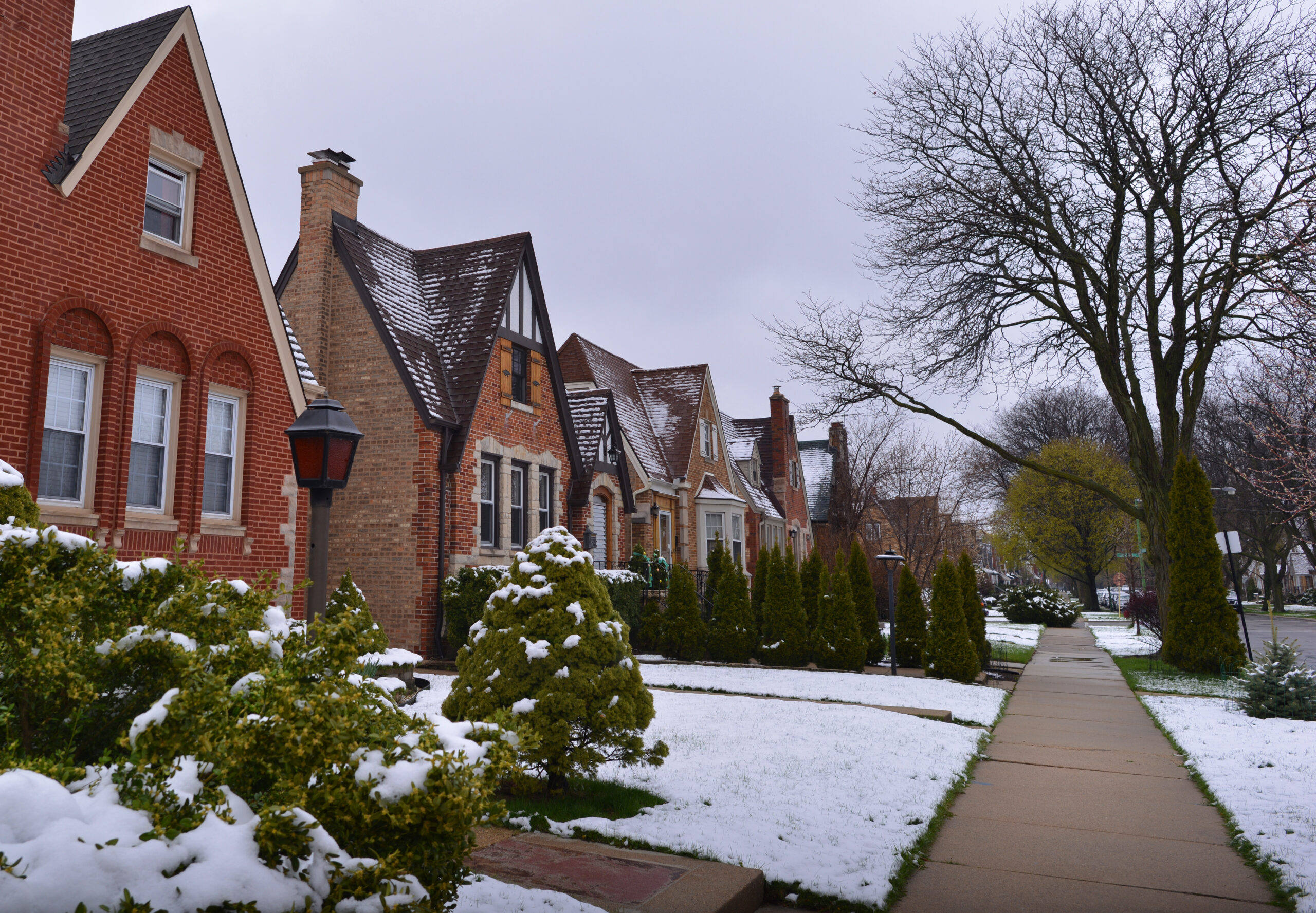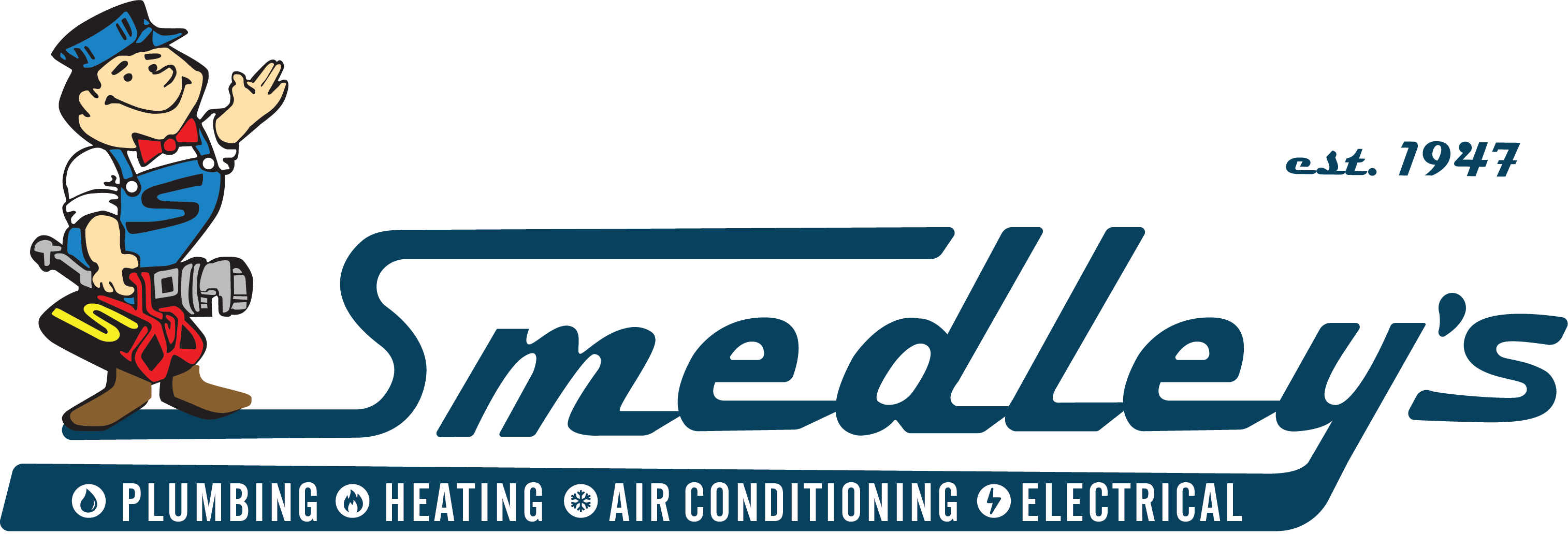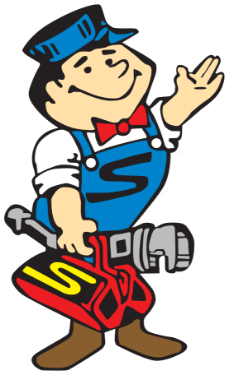
The HVAC equipment in your Layton, UT, home protects you from temperature extremes. However, your heater and air conditioner are vulnerable to the elements too. With winter temperatures dipping as low as 20 degrees Fahrenheit and summer highs reaching the 90s, many factors can cause serious HVAC stress and damage. Read on to find out what they are and how to mitigate them.
Outdoor Heat Pump and AC Condensers
Whether you have a heat pump or an air conditioner installed, you’ll want to take year-round care of the outdoor condenser. Mounted on a concrete or composite pad, this unit contains the condenser coil, the compressor, and the blower motor. Given its outside location, it’s at near-constant risk of impact-related damage, pest infestation, and more.
Strong Winds: Falling Tree Branches and Roof Shingles
During times of heavy wind, weak and dying tree branches can fall off and strike your AC or heat pump condenser. Heavy asphalt shingles can, too. If you have lots of towering trees on your property, it’s important to have them limbed before windy weather arrives. You can prevent condenser damage by scheduling annual roofing inspections and timely roof repairs.
Clearing out your gutters will prevent heavy accumulations of silt, damp leaves, and other materials from weighing these structures down and causing them to detach from the building. It’s also a good idea to install gutter heaters or additional attic insulation. This way, ice damming and large icicles won’t pose the risk of impact-related condenser damage either.
Windblown Debris
AC and heat pump condensers need at least two feet of clearance on all sides. If you haven’t raked your yard, trimmed your shrubs, or pulled up fast-growing weeds, these growths could block your condenser’s airflow. When airflow obstructions exist, air conditioners and heat pumps can overheat, short cycle, or shut down completely.
Inclement Weather and Pest Infestations
The risk of pest infestations is often highest when the weather is extremely hot, cold, windy, and during times of heavy precipitation. During annual HVAC maintenance, our technicians look for viable points of ingress and seal them off. Cold-weather pest problems can leave you with chewed-through wires, damaged internal components, debris-riddled ducting, and more.
High Heat and Overheating HVAC Systems
When the outside temperature soars, your air conditioner or heat pump should rise to the occasion. However, if you haven’t changed your HVAC air filter in a while, the stress of higher-than-normal temperatures could be bad for this equipment. Some outdoor condensers are also installed in less-than-ideal locations. If your condenser doesn’t get shade from a nearby fence, tree, or other structure, you might want to install an open, free-standing shelter.
Heat Pumps, Ductless Mini-Splits, and Below-Freezing Temperatures
If you use a ductless mini-split heat pump or a central heat pump to heat your home, it might lose significant amounts of efficiency when the temperature drops. Entry-level heat pumps have a hard time heating homes when temperatures are near freezing. Some of these units may even ice over and stop working when temperatures dip below freezing.
Mid-grade heat pumps fare a bit better. However, they also grow increasingly less efficient as the weather gets colder. For locations like Layton, low-ambient heat pumps work best. These units can continue sourcing sufficient outdoor heat for warming building interiors even when local temperatures are at their coldest.
Fire Season and Your HVAC System
Some forms of HVAC equipment bring outdoor air inside. This proves problematic during times of thick wildfire smoke. To protect your HVAC system from heavy smoke particulates, set it to “recirculate mode” until the outdoor air has cleared. You should also check and change your HVAC air filter more frequently during these events and schedule HVAC service as needed.
Seasonal Increases in Pollen Counts
High pollen counts don’t just cause itchy, watery eyes and frequent bouts of sneezing. They also load HVAC air filters with thick mats of debris within short spans of time. Whenever the outside air is thick with dust, pollen, or other airborne particulates, check your HVAC air filter more frequently and change it as needed.
Temperature Extremes: Longer and More Frequent Heating and Cooling Cycles
Extremely hot and cold temperatures force air conditioners and heaters to work a lot harder than they do during times of moderate weather. To prepare your equipment for the worst, be sure to schedule professional HVAC maintenance at least once each year. Scheduling annual tune-ups for your heater and air conditioner will extend their lifespan, increase their efficiency, and limit the risk of problems.
Since 1947, we’ve been proudly serving homeowners throughout Layton and the surrounding communities. You can count on us for exceptional furnace, boiler, heat pump, and AC service. We also provide plumbing services, water softeners, water heaters, and indoor air quality improvements. Protect your HVAC system from weather-related damage by contacting Smedley Service today.




